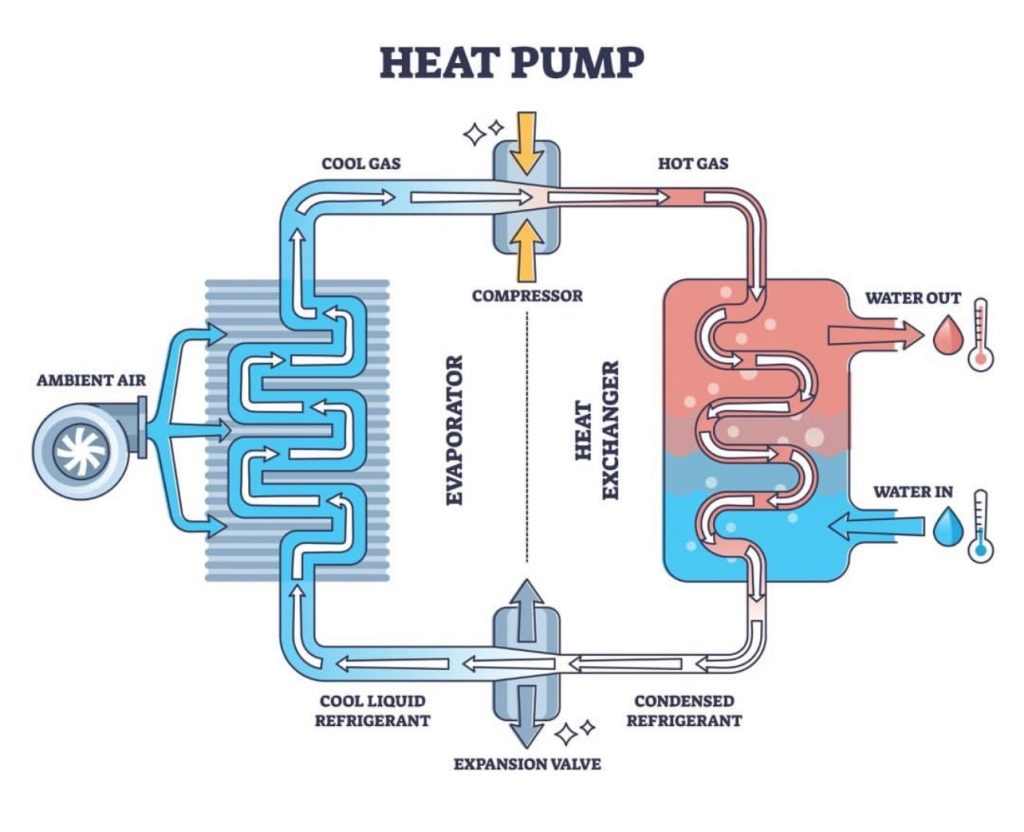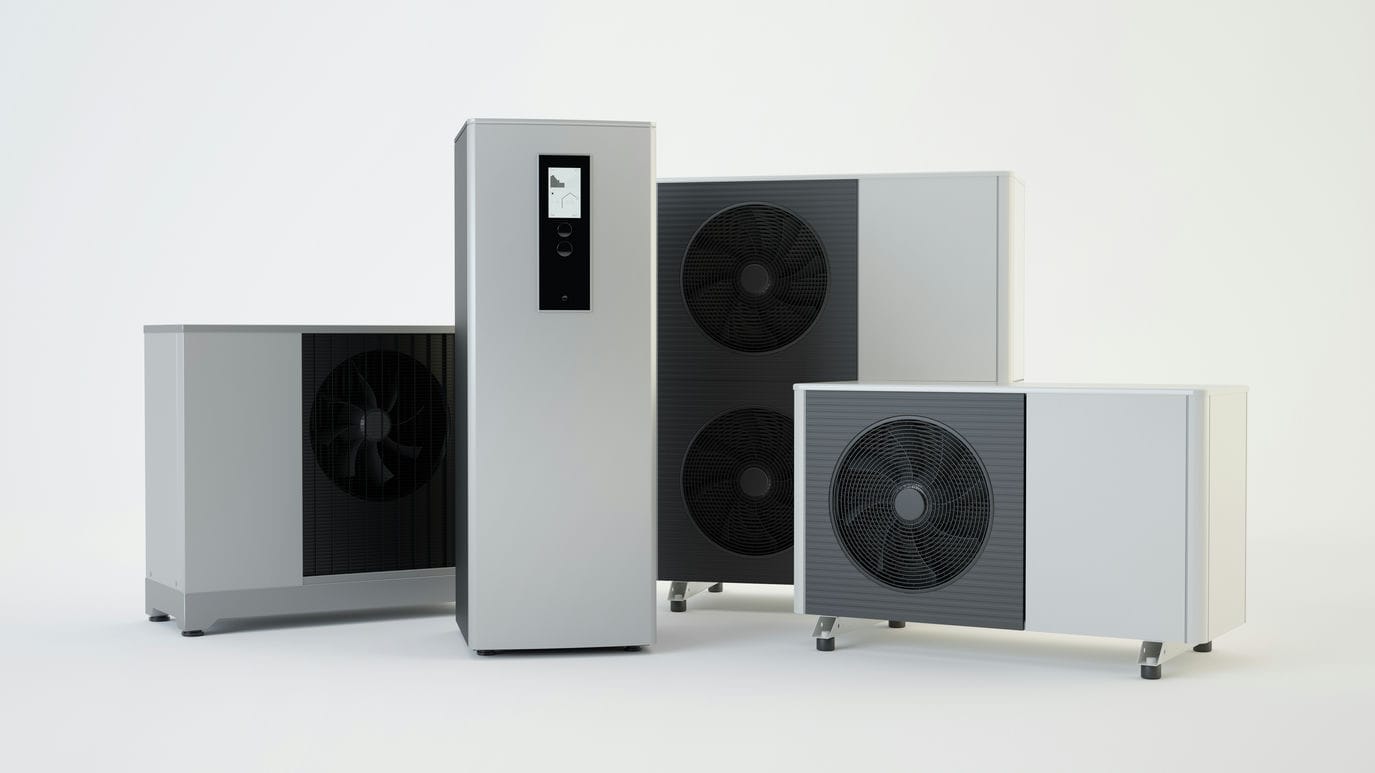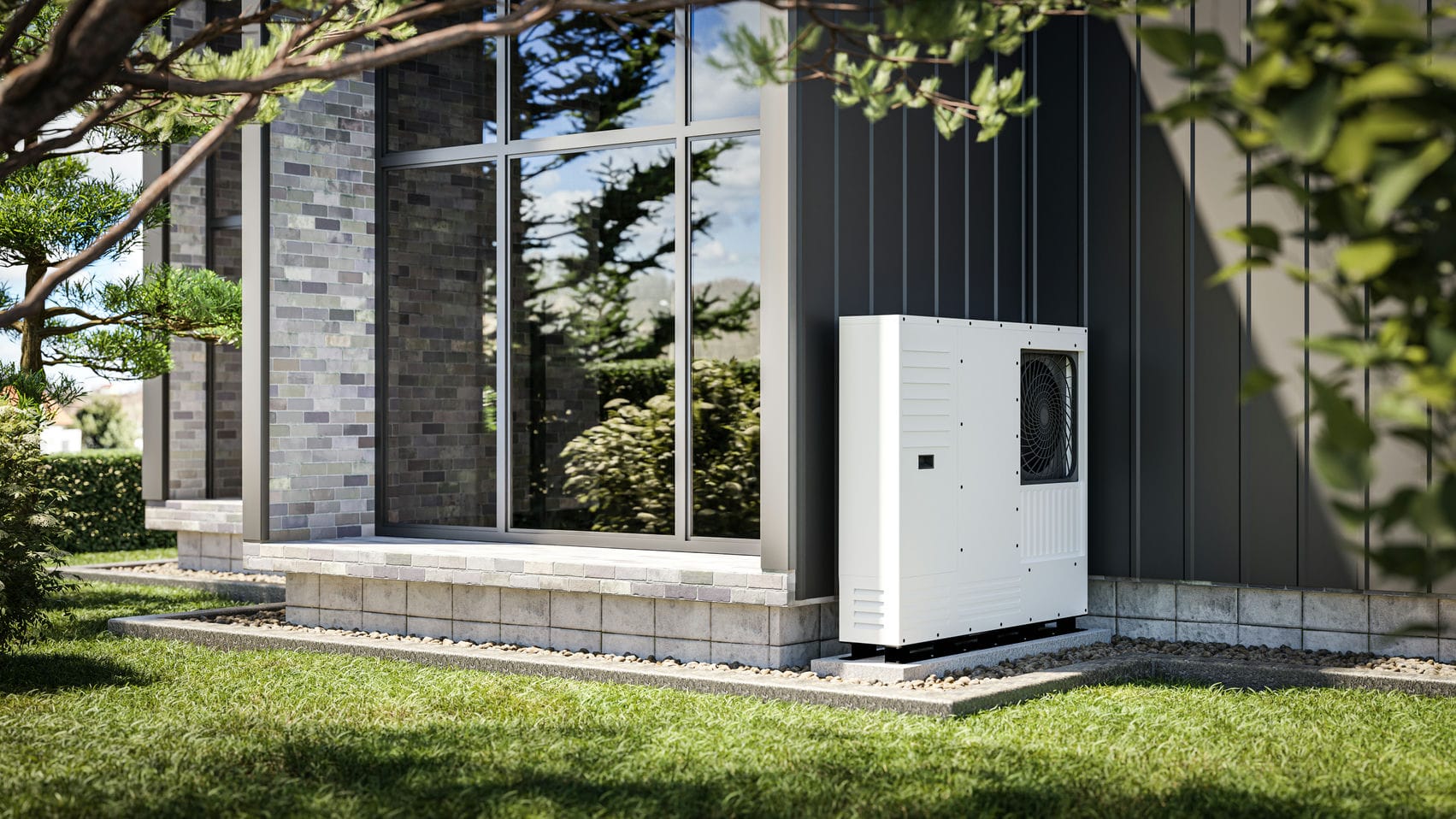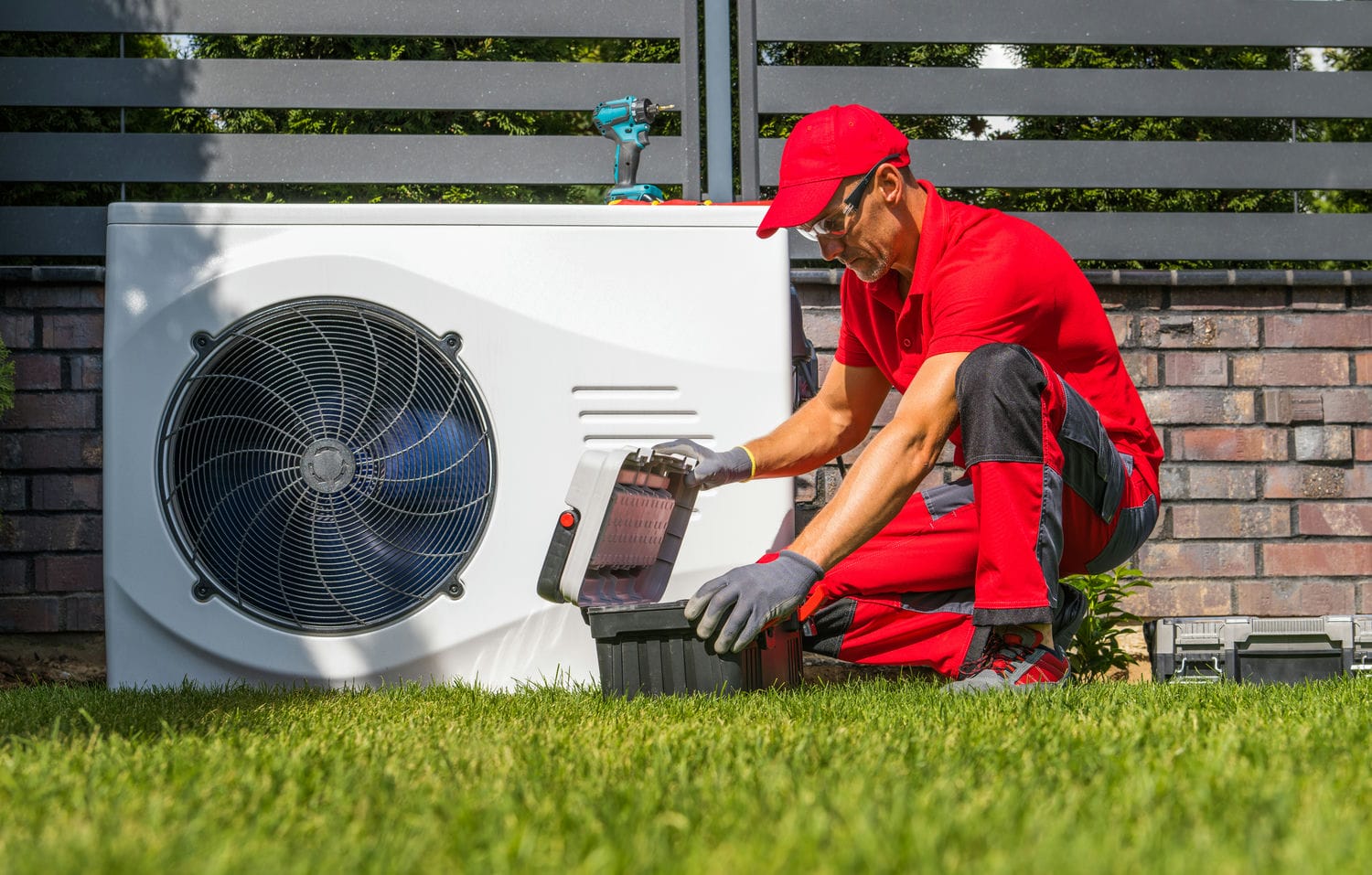For the installation of heat pumps, it is necessary to hire an expert because the installation itself depends on many factors, including the type of heat pump, climatic conditions and the size of the room.
Despite the higher initial cost, heat pumps can show results in long-term savings on energy bills and a faster return on investment, especially in regions with extreme temperature variations.
In order for this complex system to function in the long term, it is necessary to adequately maintain the efficiency of the heat pumps over the years.
The use of heat pumps itself is relatively simple, especially since modern heat pump systems often come with sophisticated management and regulation systems, allowing users better control over temperature and energy savings. Heat pumps are an increasingly popular way of heating, cooling and heating water in households and commercial buildings due to their energy efficiency and environmental benefits.





